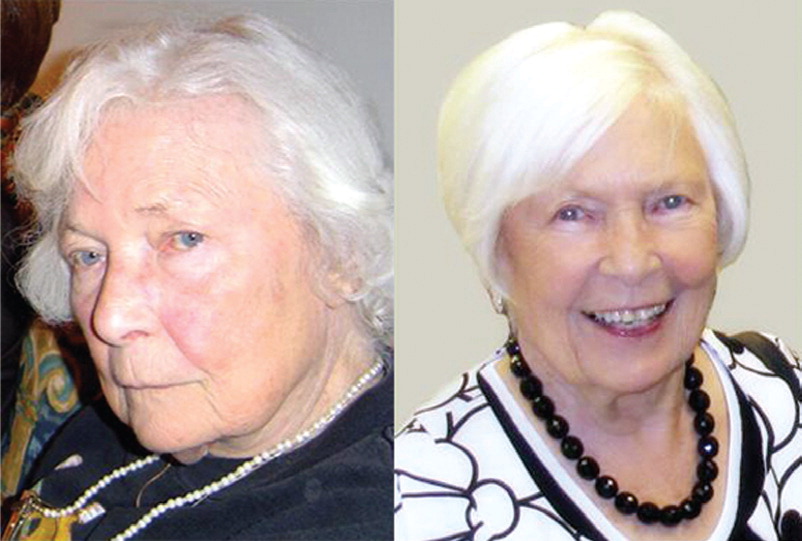
Am Fam Physician. 2013;88(6):397
Related article: Functional Decline in Older Adults
Related editorial: Frailty as Terminal Illness
My mother loved new experiences; she earned a PhD and a pilot's license in her 60s. So, when she found herself increasingly disabled by macular degeneration, arthritis, COPD, back pain, and other problems, she was very willing to “try something different.”
She could afford medications and medical equipment and had skilled doctors, but because most were specialists, each focused on treating one of her many diagnoses. Twenty-minute visits were inadequate to address all of the diagnoses and medications, let alone her falls, constipation, insomnia, and cognitive decline. It seemed no one was appreciating the big picture.

With full support from her family physician at home, we arranged for her to undergo a comprehensive assessment at an academic geriatric center. The appointment lasted more than two hours and focused on mom's primary goal—the ability to continue the activities she loved. She was evaluated by a geriatrician (Dr. Colón-Emeric), a nurse, and a social worker. My family was also interviewed, and the appointment concluded with a meeting involving the whole team. We were given recommendations to consolidate and simplify her regimens for pain, insomnia, and constipation; initiate medication for depression; and make sure she exercised and socialized regularly, with concrete recommendations for overcoming barriers to these goals, such as transportation. Additionally, we received referrals for physical therapy and low vision rehabilitation.
Mom left the clinic with a new sense of hope. Within three months, we saw improvements in her balance and memory, and, most importantly, in her ability to participate in activities and enjoy life. The improvements lasted until her sudden death at 89 years of age. Even though the comprehensive approach to her health care didn't cure mom's chronic conditions, she got what she wanted—to be evaluated “as a whole person” and to spend her last years feeling better and doing more.—C.W.
COMMENTARY
My patient was frustrated by her progressive functional decline, a common problem in patients with multiple medical conditions. Our fragmented and time-pressured health care system does not lend itself to sorting out the interacting conditions that contribute to progressive disability. However, her case also illustrates the potential benefits of a systematic, individualized, and comprehensive approach to functional decline.
